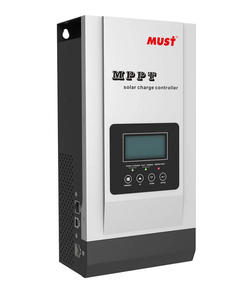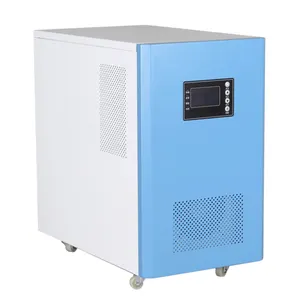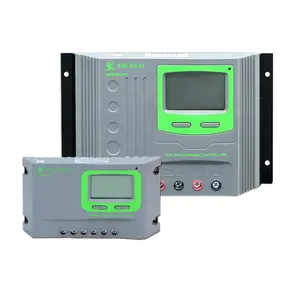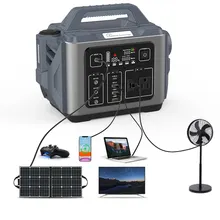What is a Solar Charge Controller?
A solar charge controller, also known as a solar panel controller, is a device used to regulate the flow of electricity from the solar panel to a battery or power storage device. It ensures that the battery does not overcharge and maintains the optimal charging voltage for your solar system. The solar charge controller can either be a basic design or use more advanced Maximum Power Point Tracking (MPPT) technology. MPPT solar charge controllers are specifically designed to maximize the efficiency of the solar system by ensuring that the charge voltage of the battery is regulated according to the current conditions of the solar panel. This can result in up to 30% more efficient energy production than standard charge controllers. Some of the more popular models of MPPT charge controllers include Victron charge controllers and Powmr controllers.
How Does a Solar Charge Controller Work?
A solar panel charge controller is an essential part of any photovoltaic (PV) system. It helps to protect your solar panels from damage due to overcharging and helps to regulate the voltage and current coming from the solar panels. The charge controller works by monitoring the voltage of the solar panels and automatically adjusting it to keep it within an acceptable range. If the voltage from the solar panel exceeds the charge controller’s maximum limit, the charge controller will divert the extra energy into another source such as a battery or another load. If the voltage from the solar panel is lower than the charge controller’s minimum limit, the charge controller will increase it to an acceptable level.
It also serves to prevent reverse current flow, which is when electricity flows back into the solar panel at night. This can cause permanent damage to your solar panel if not managed properly. Moreover, solar controllers have different features so make sure to choose one that meets all of your needs. Before purchasing a solar controller, consider factors such as efficiency, power handling capabilities, cost, warranty, and compatibility with other devices in order to get the most out of your controller. Finally, ensure you are familiar with installation instructions in order to ensure correct setup.





































 浙公网安备 33010002000092号
浙公网安备 33010002000092号 浙B2-20120091-4
浙B2-20120091-4